Any car purchase is a big deal, and it takes time to find the right model. Add all the considerations with a busy family and that list of criteria can get even longer. So how do you find an electric vehicle that’s perfect for your family? Our guide below explores the family car dilemma in more detail.
Choosing an EV for a family

Working out your needs for a family car
A family car isn’t one type of vehicle, because families are different sizes and ages. That’s why it’s a smart idea to note down all the needs everyone in your household has from a vehicle. Does it need to be a certain size, will some of the kids learn to drive in this car? What regular activities and commitments does everyone have? How often will you travel on the road as a family? How far will you go and what will you bring?
By writing down all the things you need from a car on a handy list, you can check possible electric cars against your list to help make the best decision. Keep reading and we’ll touch on some of these common list criteria.
Common EV options to consider
In New Zealand, you’ll come across some brands and models regularly in the EV space. With family considerations being a big part of the buying decision for so many, the market offers some good choices here. From the likes of BYD, you’ve got models like the Atto 3, a family-friendly sized SUV with plenty of space and power for daily use. Hyundai’s Ioniq 5 is another highly-regarded electric SUV to look into. If you’ve got a smaller family or prefer something a bit more compact, the Nissan Leaf is a Kiwi EV staple for a reason.
But there’s plenty more selection across New Zealand. Let’s explore some of the other criteria that can help you choose an appropriate family vehicle.
Setting your budget
Consider doing initial research on the current price ranges of EVs, before setting your budget. What you require from your family vehicle can also affect what a realistic budget should be. While we don’t provide specific financial or budgeting advice, we will remind you that it’s always best to consider the total cost of ownership over the lifetime of your vehicle purchase. This includes the savings from running your EV on electric, and not filling up with petrol or diesel.
Once you’ve got a budget set, this is useful for looking around and refining your list a bit quicker. It’s always good to have that figure in mind when you’re getting down to buying, so you know your goalposts for negotiating.
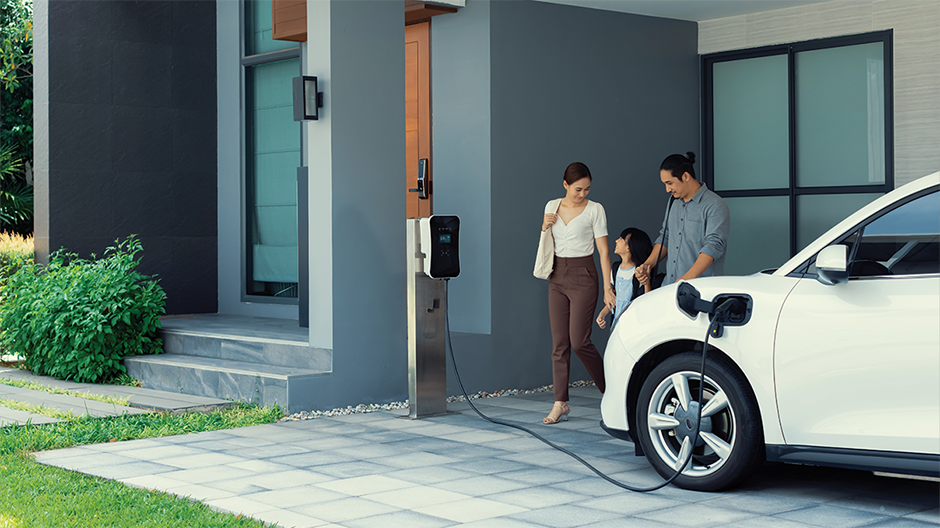
Typical family journeys and distance
Think about an average week for your family’s transportation – how far and how often is the car needed? Try mapping out the distance of your school or kindy runs, the commute to and from work, sports practice and games, shopping for groceries and so on.
If you list these common activities and their distances, you can start to get an idea of what range would suit your family’s needs. If you have longer trips, it’s worth prioritising range, battery capacity and charge speed. For shorter and fewer trips, you might be fine with a more modest rated range.
Availability of charging
A busy family vehicle needs charging regularly. Before committing to a particular model, check around your area for charging points. These can be found at dedicated EV charging stations, petrol stations, at shopping malls, tourist attractions, supermarkets and parks to name a few.
Of course, your home is likely to be your most common charging location for a family EV. Make sure you check your home has an easy way to charge your vehicle, such as via a power outlet in your garage.
Doing your homework on charging points is well worth the effort. Who wants to be stuck on the side of the road, late for cricket practice? A search online should help you find some options in your area. Take a look at resources like ChargeNet, Drive Electric and Meridian’s own Zero network map for more information.
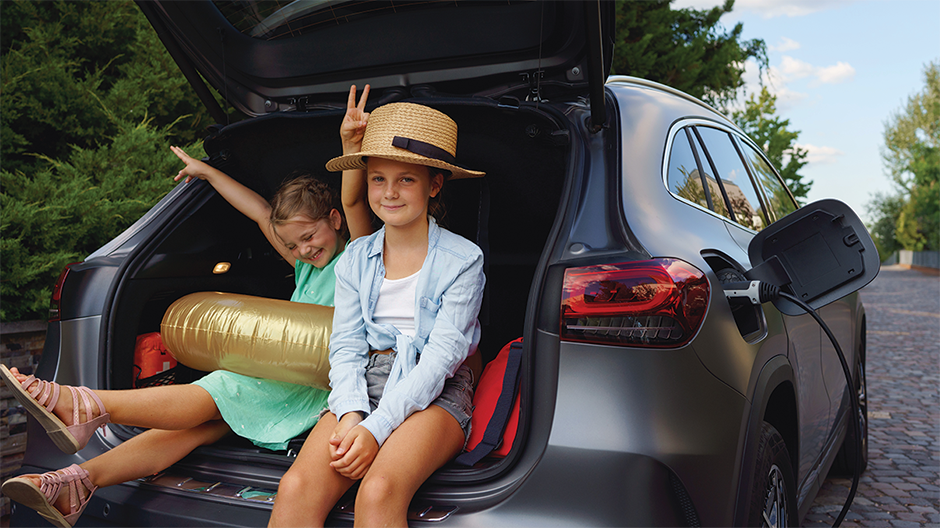
Safety features to look for in an EV
For a family-purpose vehicle, we know that safety is one of the most important criteria for selecting a model. There are many aspects to an EV’s safety features that are shared with non-electric cars, and others that are unique to EVs. When shopping around for your family EV, look for:
- Battery safety management features that prevent things like overheating – this can lead to damage or fire.
- Airbag systems in the front and back seating areas of the cabin, including front and sides.
- Pedestrian safety features like collision avoidance or detection. An EV is quiet, so there can be a risk of people not noticing or hearing your car at times.
- Crash test ratings – the way a vehicle responds to a collision varies greatly from model to model. Make sure to find out about safety features and design of the car that helps protect passengers first and the car second.
- Driving assistance – like other modern vehicles, EVs often come with lane departure warnings, lane keeping assistance and parking help. You might have read about autonomous driving, although this is very much an evolving area of EVs.
- Automatic braking to avoid or reduce the severity of an impending collision.
Safety in a family car should be good no matter which seat the vehicle passengers are sitting. If you’ve got a baby or toddler, you’ll want to check for child seat restraints and fasteners to give you peace of mind.
A cabin large enough to accommodate everyone
Not all electric vehicles are large, so you’ll want to test out your options by bringing your family along on your EV search. Make sure everyone sits in the vehicle and ideally comes with you on a test drive. The cabin of the car should provide everyone with ample leg room and space to sit comfortably. Families grow in size (and number sometimes), so buying for not just today’s needs but future requirements is important.
Towing power
Whether it’s taking a load of junk to the tip, taking the boat to the marina or helping your adult children move out into a flat, family vehicles are often used for towing. One of the criticisms of electric vehicles is that they’re not as well suited to towing as a typical vehicle, given the strain it can place on the battery and therefore efficiency. However, this need is being worked on with newer models that are purposely designed with towing capabilities in mind.
The ability for the EV to tow a load will depend on the model you choose, so make sure to do your homework and if buying from a dealer, ask them about your options for tow bars and the load capacity.
Future proofed – including for when the kids start driving
No car is guaranteed to meet all your needs in the future, but it’s worth thinking about what might be needed from your car later down the road. Anyone with kids will know they don’t stay the same size for long. If you plan on keeping your car for a long time, make sure you get an EV that will evolve with your family. For example, a compact car might be perfect for one baby, but quickly become a squeeze if the family grows in numbers.
And it’s not just the number or size of kids that makes a difference – it’s the stuff they bring with them that can quickly expose an EV that’s too small.
If you’ve got teenagers, think about whether the car will be appropriate to learn to drive in. Most EVs are straightforward, but that instant-access to power is something to keep in mind! The feel is different to a regular car when accelerating and decelerating, so in today’s world of electric and petrol options, you might want to encourage your family member to learn in both. As with an ICE vehicle, your EV shouldn’t be too complicated or powerful for a learner to use.
All things EVs
Thinking of making the switch? We’ve got info on what they cost, why they’re great and heaps more to help you on your journey.
All articles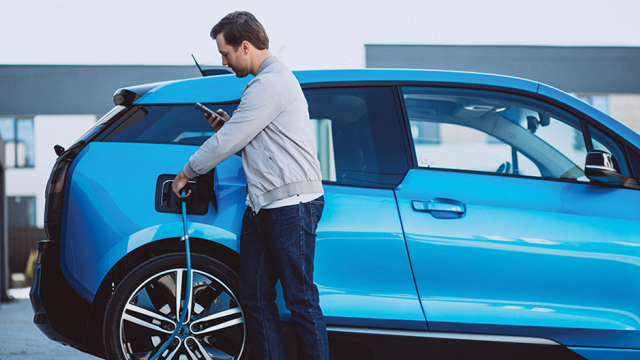
Owning an electric vehicle in New Zealand
An EV doesn’t just mean different technology, it brings with it different habits than those of a regular car.

Things to look out for with a used EV
In this guide we cover the main parts of a used EV to check – whether that’s at a used car dealer or in a private sale...
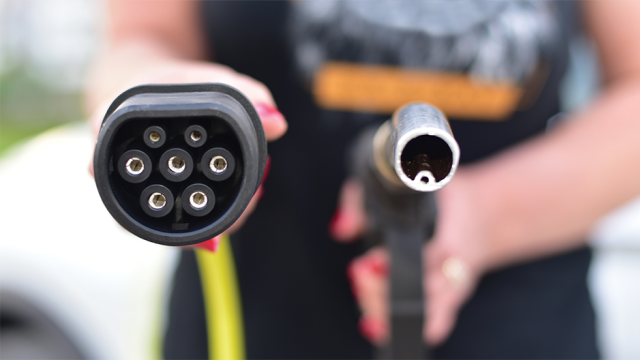
Electric Vehicles vs. Petrol or Diesel - Pros and Cons
Let’s talk about some common pros and cons that you might find with EV vs. ICE so you can make an informed decision on...
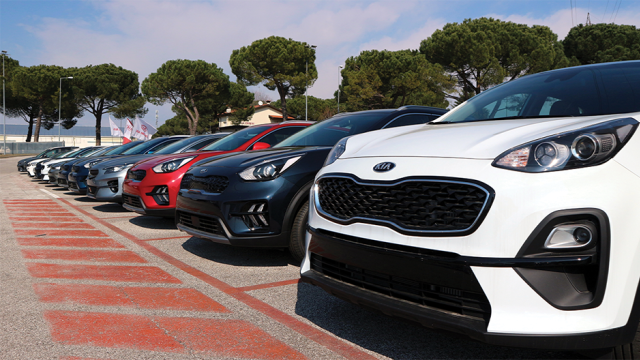
Comparing different EV options
In this guide, we provide some handy tips that you can refer to when comparing electric vehicles on your shortlist.
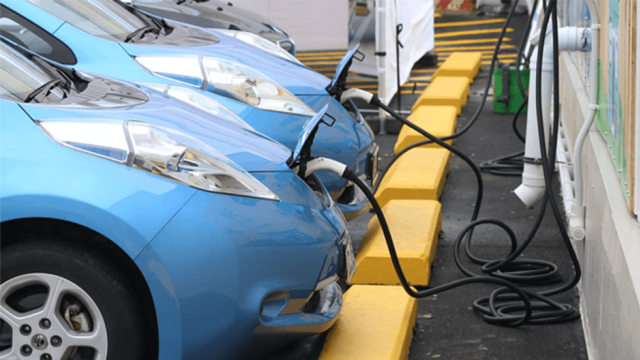
Useful information about EV charging at your business
Getting charging infrastructure for your business has many benefits. Here’s some important things to keep in mind.
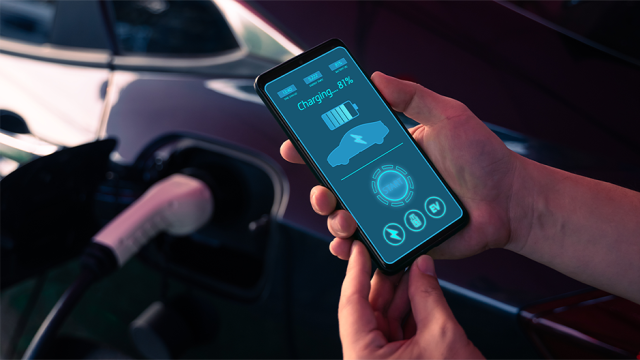
The guide to EV batteries
This guide will give you a head start when shopping around for an EV, or to simply understand your existing electric...

We’re levelling up the way we do transport
At Meridian, we’re committed to demonstrating our support of low emissions transport on the roads and in our waterways.
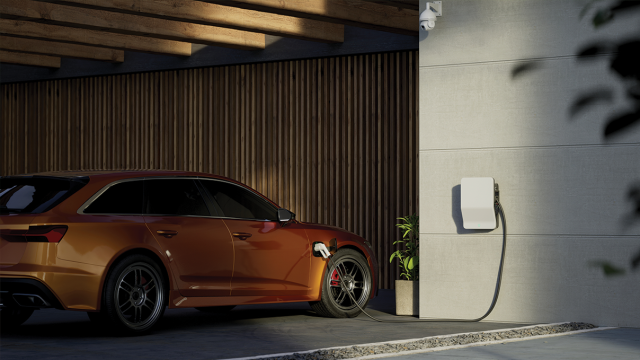
Are EVs worth it?
Many people are asking this question when shopping for a new vehicle. In this guide, we'll tackle whether you should...

Choosing an EV for a family
Any car purchase is a big deal, and it takes time to find the right model. Our guide below explores the family car...

How to integrate home solar and an EV
In this guide, we’ll help you get started in your planning to have solar and EV in the home.

Top considerations when buying an EV
Buying an electric vehicle (EV), especially for the first time, is an exciting process. In this guide we explore the...
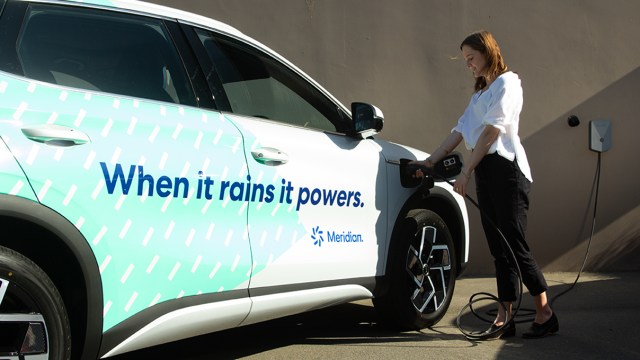
Considering an EV? The top three considerations for EV charging
When it comes to EV ownership, energy is often the last thing considered. Find out the top considerations for EV...
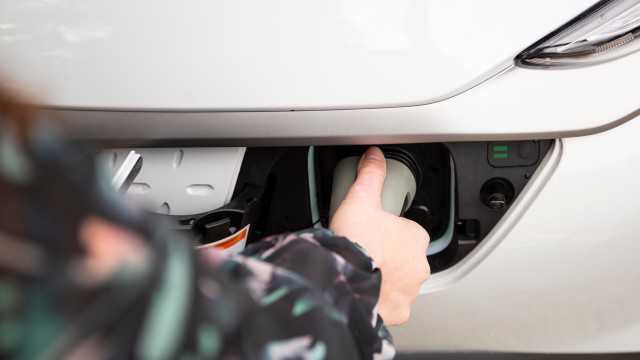
Charging EVs
Unlike petrol stations, chargers for your EV aren’t quite so common. Don't worry though, you’ve got options.
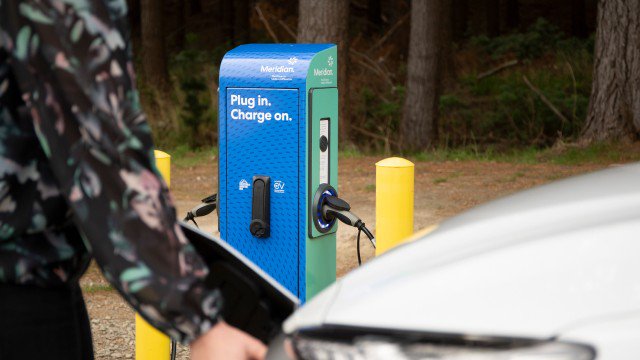
Plug vs pump – an electric car cost comparison
How much does it cost to buy an EV? And how much does it cost to charge?
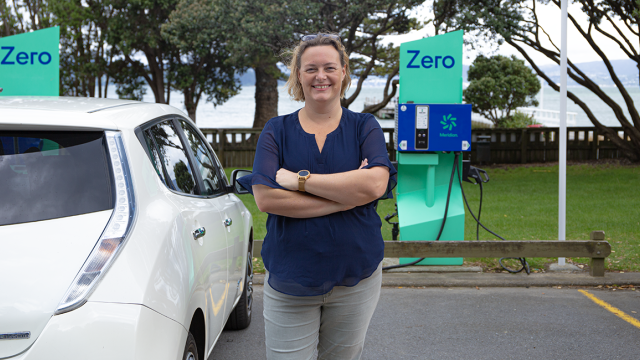
Is it worth buying a second-hand Nissan Leaf?
We chatted with Sophie about buying and owning a second-hand Nissan Leaf and how that’s working out for her family.